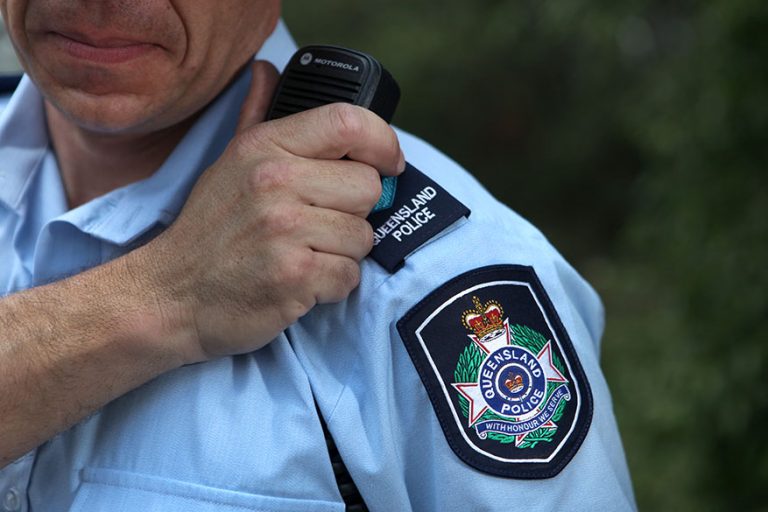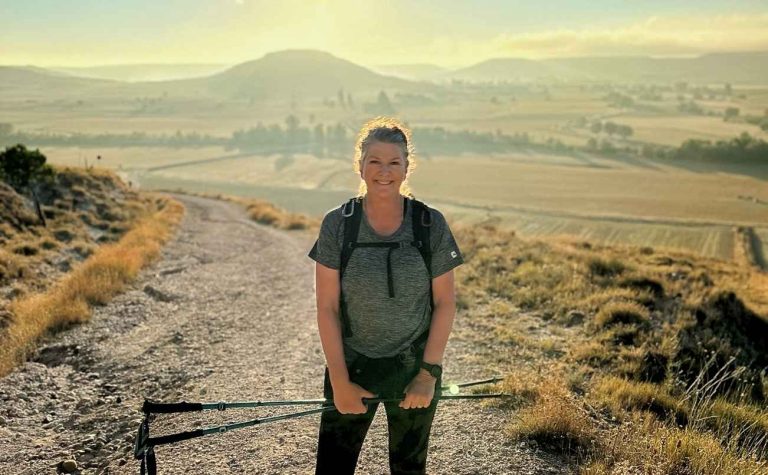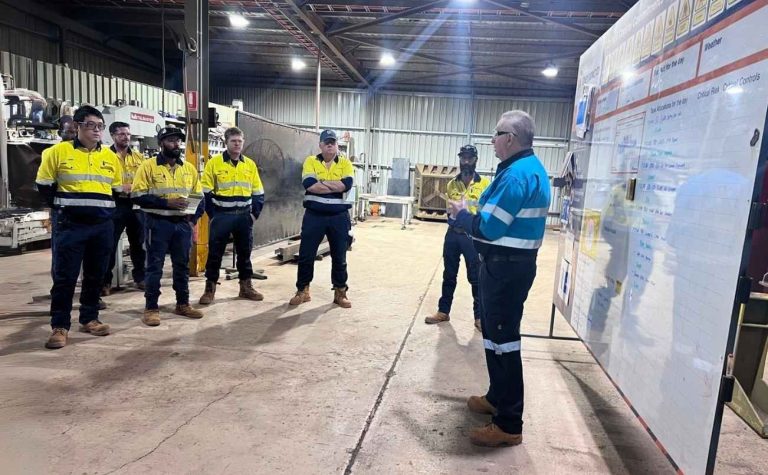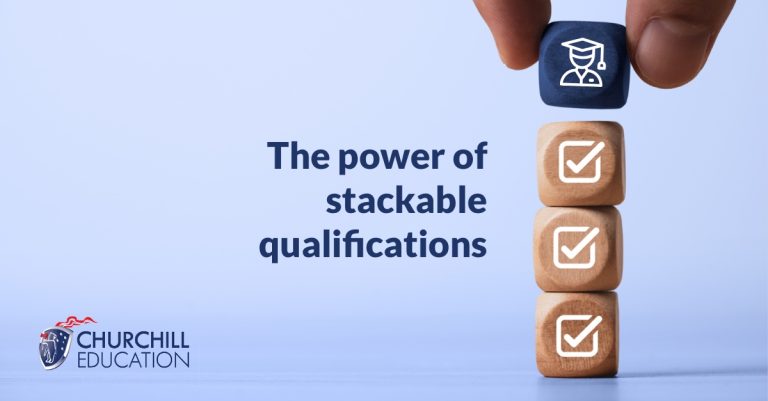What is your greatest weakness? Yes, it’s that dreaded interview question you must prepare for. But how do you answer this question well? After all, it seems counter-intuitive to talk about your weaknesses, when you’re trying to convince the interview panel that you are the best person for the job, right?
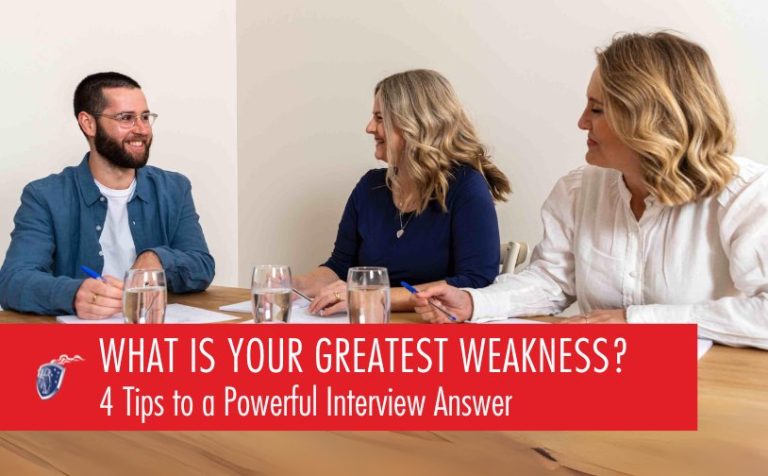
We spoke to career transition coach, Nikki Paterson of Accomplish Education, who has extensive experience sitting on recruitment and promotion panels.
Nikki shared how you can turn this curly interview question into your friend, with 4 tips for answering powerfully.
What is your greatest weakness?
If you’re asked to identify a weakness or an area for improvement, it’s really important not to shy away from this question. Many of us might say something like, ‘I’m a perfectionist,’ or downplay our answer.
But the question, ‘What is your greatest weakness,’ is actually an opportunity for you to shine. And in order to turn this question to your advantage it’s important to consider its purpose.
Why is the interviewer asking you this?
What do they really want to know?
The true purpose of a weakness question is to check that you have emotional intelligence.
That you have self-awareness, that you can self-reflect, and that you can self-develop.
So what should you say when asked what is your greatest weakness?
Be strategic about which weakness you share and how you frame it.
Here are 4 tips for answering the question, ‘What is your greatest weakness,’ powerfully.
1. Make sure your weakness is improvable
And that it won’t prevent you from doing the job well.
Example: If the interview is for a customer service roll, don’t choose people skills as your weakness.
2. Give your weakness context
Don’t just state your weakness and leave it up to the panel to misinterpret what that means.
Example: If you were to say that public speaking is your weakness, you could explain that you’re fine speaking to a small group but would find it challenging to address a group of 100 people.
Or, if you were to say that computer skills are a weakness for you, you could say you’re adept at using basic programs like word and excel but find programming a challenge.
3. Link your weakness to one of your strengths
Linking your weakness to a strength relevant to the role illustrates that there are two sides to every coin, the shade for every light, right!
Example: If you say that your weakness is public speaking, you can then flip that on its head and go on to explain that’s because you prefer one-on-one communication rather than one to many. And you excel at building and nurturing stakeholder relationships.
You’re explaining that this weakness has its benefits too, and make sure that benefit relates to the job.
4. Have a strategy for improvement
The other thing that you want to do when you’re identifying or talking about a weakness is to have a strategy for improvement.
Either explain what you have done so far to improve this weakness or explain what you plan to do.
Turn the question, ‘What is your greatest weakness’, into your friend!
By following this process for choosing and putting forward a weakness, you are showing that you are self-aware, that you have the ability to self-reflect, and more importantly, that you take responsibility for your shortcomings and make steps to improve them.
We hope this helps you nail your next job interview! And if you would like qualifications that match your experience, you can book a free appraisal below!



